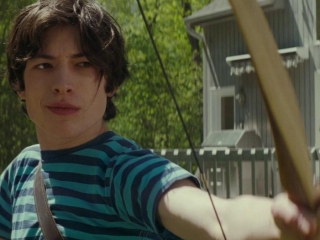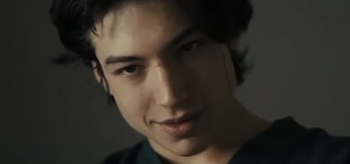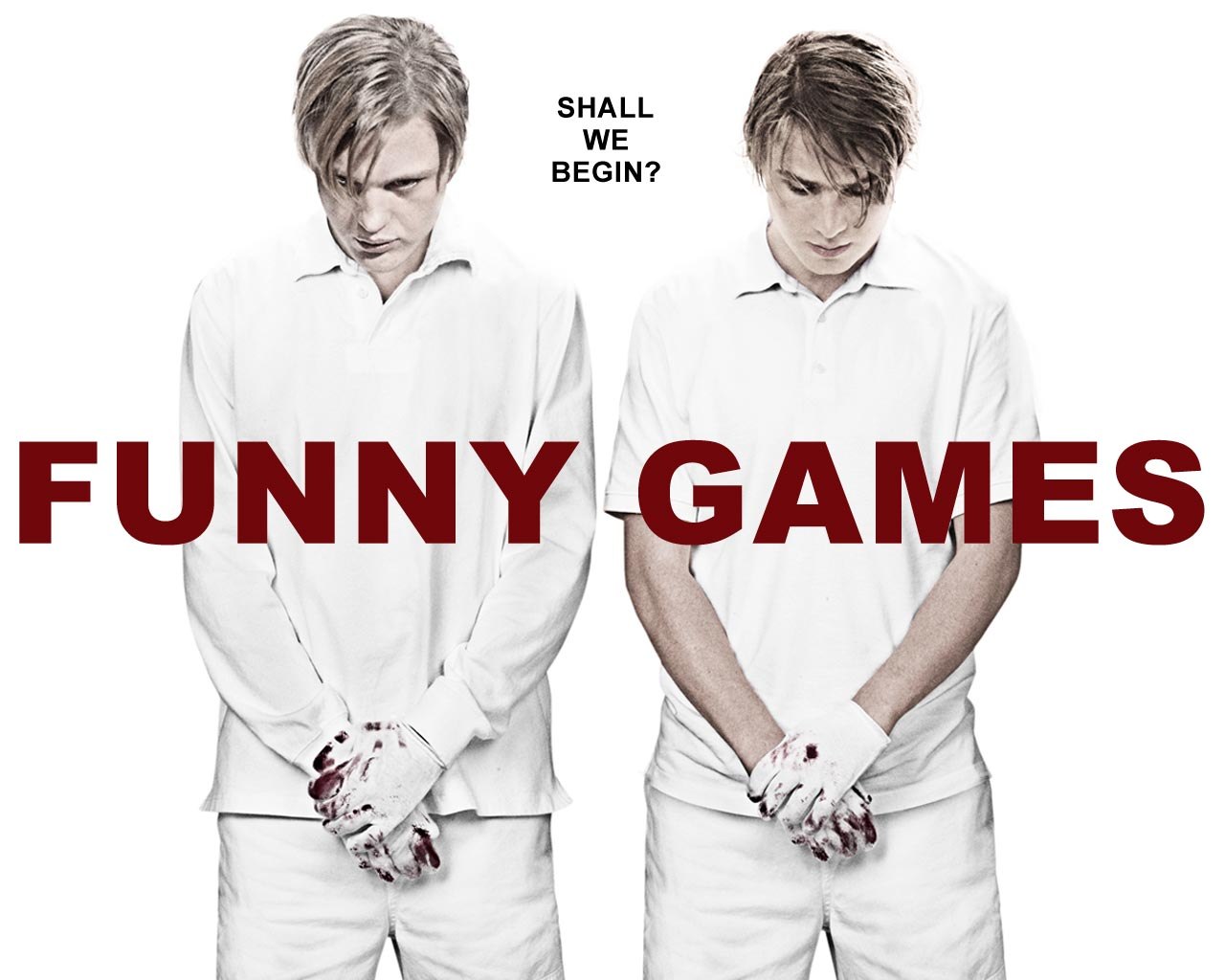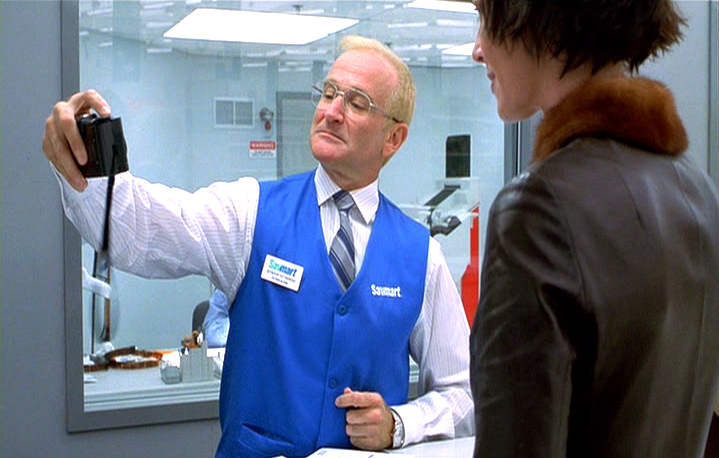And I love American Psycho but it wasn't a nuanced performance, it was actually way over the top. Dexter is much more nuanced and not nearly as violent either.
Have you read the books?
Darkly Dreaming Dexter and
American Psycho provide first-person studies of their characters upon which film/television can barely touch.
Either way, the performances weren't really my intended target - I think that both Hall and Bale are/were great in their respective roles (I've actually never seen Bale do a better job than he did in AP, now that I think about it). It was rather the characters' one-dimensionality that is so typical of 'psychos' in movies and TV shows that leaves me slightly unsatisfied. I think that both Bateman and Morgan lack, seemingly by definition, any significant capacity to change, leaving it up to other characters and events in their lives to drive the story forward in a humanly meaningful way. Both are strictly one-dimensional in that psycho-/sociopaths are considered to be 'incurable' - and they both appear to be incorrigible indeed. The only reason I prefer Bateman is his sheer extremity: The extent of his depravity and pathology are enough to make me blush. Dexter seems more contrived to me, a kind of hammy, streamlined Hollywood rendition of psychopathy that attempts to pass itself off as something plausible to its audiences for the cheap thrill of awaiting the next episode. American Psycho was more black-comic satire than slasher horror/suspense. I never cared about/for Bateman either, but, then, such sympathy was never required of me to thoroughly enjoy the film and comprehend its intent. With Dexter, it's a different story. The show almost
demands that I cheer on and empathize with a vigilante murderer who appears more comfortable than is humanly plausible with his status and role in society. People with antisocial personality disorder (or some variant thereof) generally
are as emotionally shallow and manipulative as Dexter tends to be, but the character's level of self-control and tolerance for stress is absolutely unbelievable, verging on supernatural. Psychopathy is presented in Dexter as a kind of superpower-curse that one typically encounters in mythology and superhero stories. In real life, I believe that most psychopaths are truly miserable people who don't consider themselves to be as fundamentally different as Dexter seems to think he is. Dexter glamorizes a personality disorder that predisposes its namesakes to all manner of irresponsible, victimizing behavior as a helpful tool that allows its eponymous character to do what must be done in order to uphold his convictions and protect his 'loved ones' (but how could this be? he's a psychopath, he doesn't have any convictions nor loved ones!; but he does!; but he doesn't!; but he does!; etc.). When you combine little qualms like these with Hall's incessant, droning voice-overs, you don't get a show (or a lead) that I would ever refer to as nuanced. Don't get me wrong, I think Dexter is a fine television program, but I make such judgements on a relative basis, i.e. compared to most other shows on television. That said, American Psycho and Dexter can't be compared side-by-side as though apples vs oranges were a fair competition...but I still reserve the right to prefer one species of fruit over the other.












